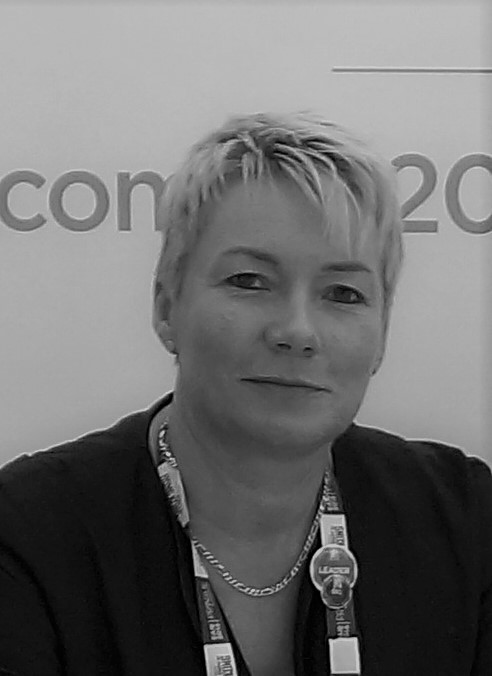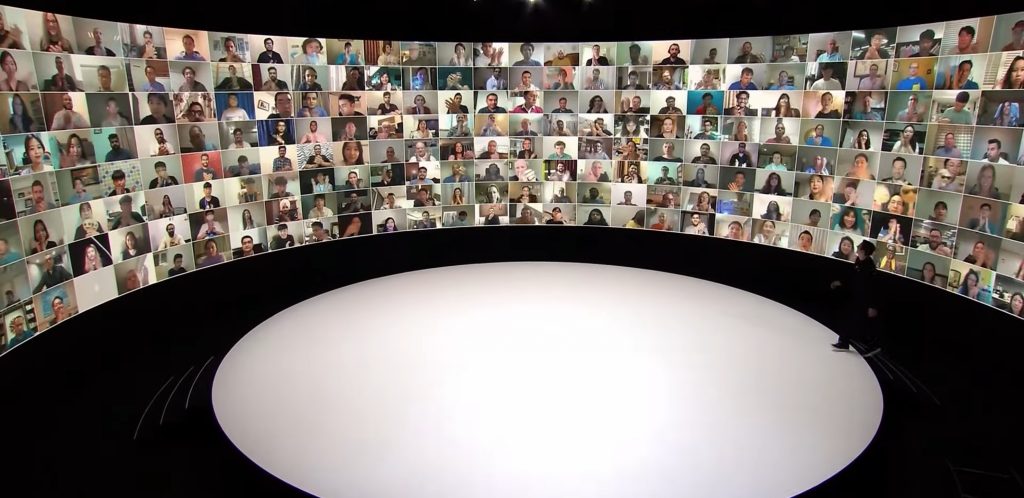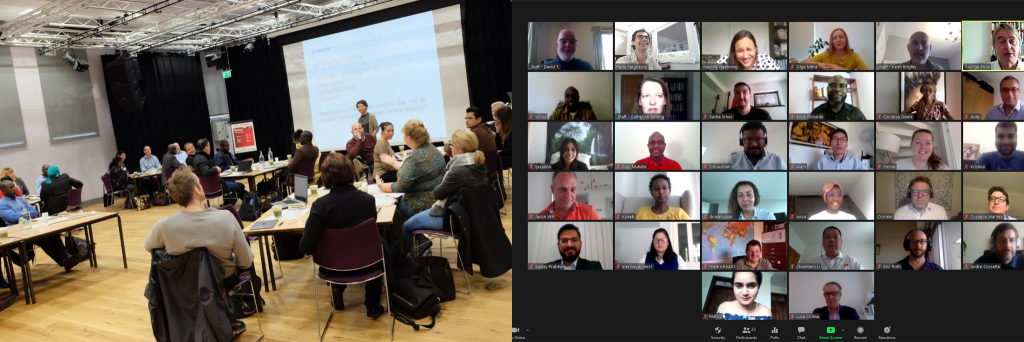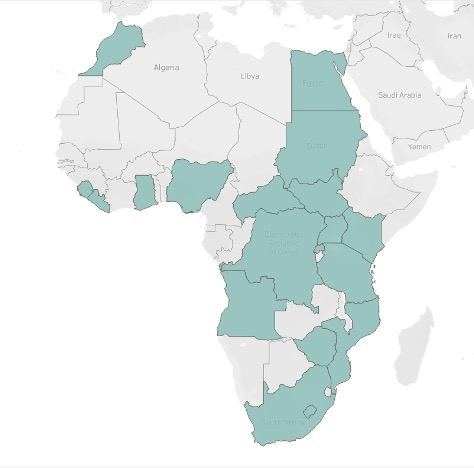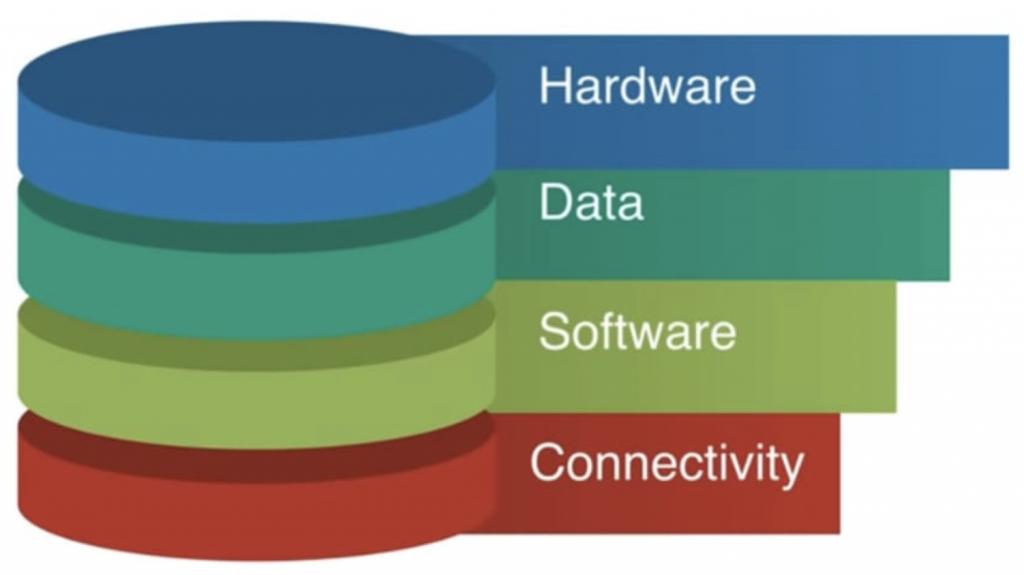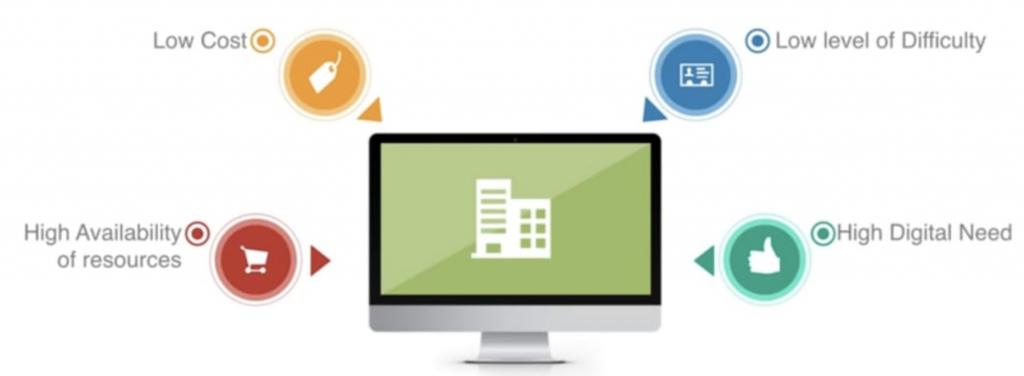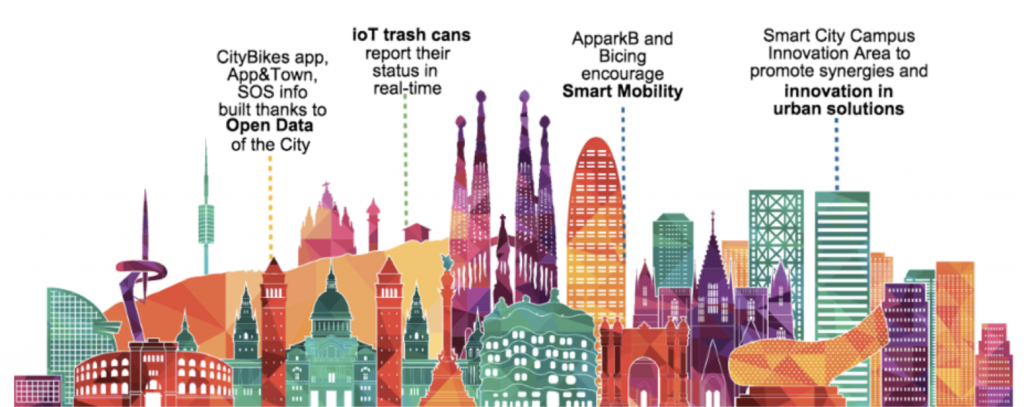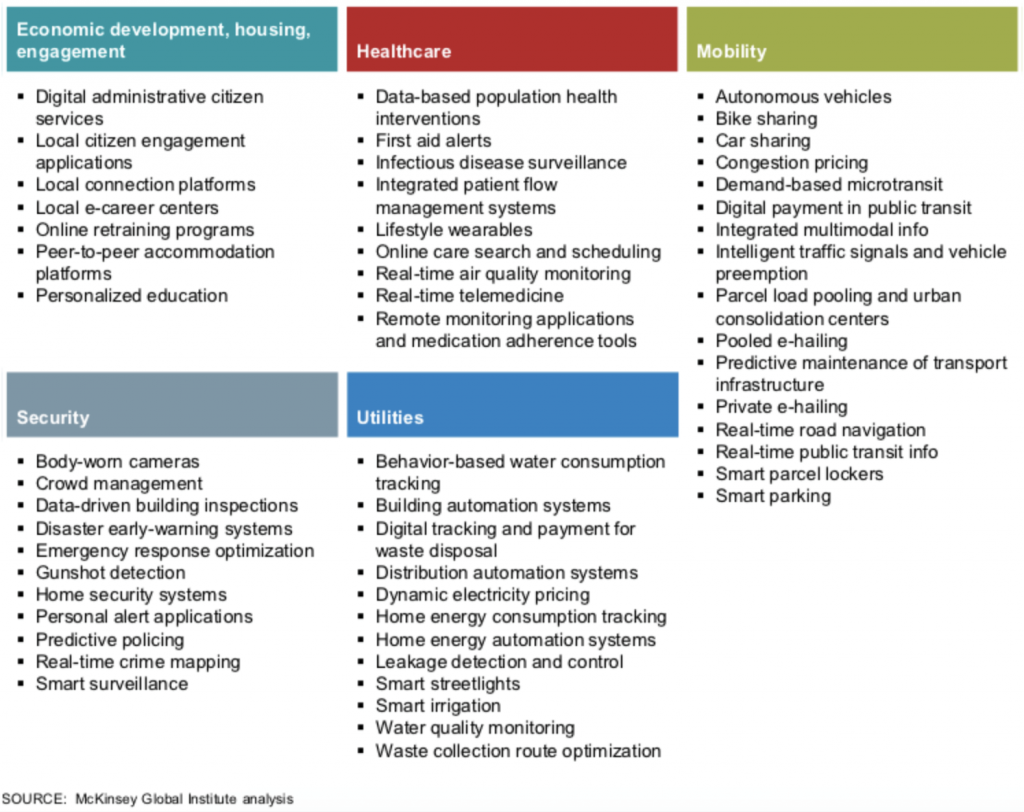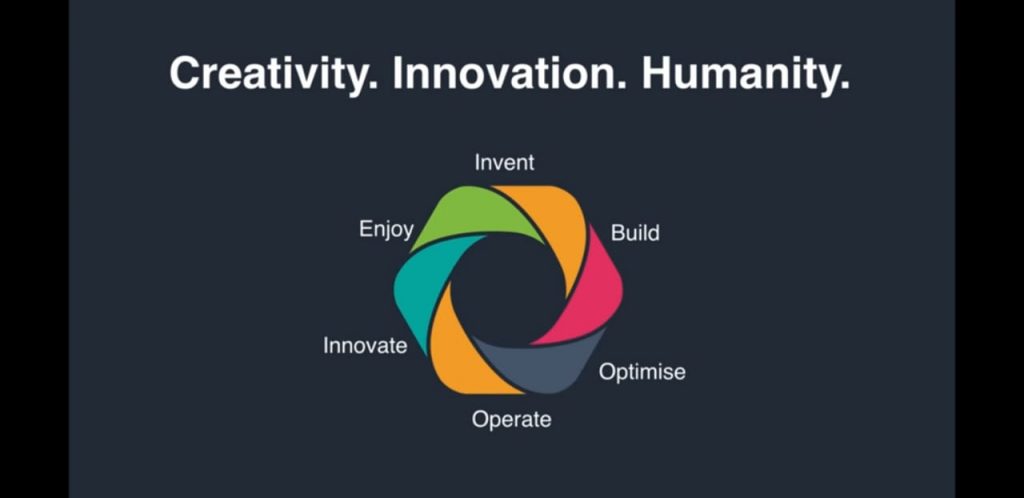Finance has always been my Achilles’ heel. It was my weakest subject during my MBA, the subject in which I scored my lowest grades. Never understood anything about the subject, but now that I think about it, it was probably because finance never interested me. And, as fate would have it, the first job I got straight from college was with a bank, and a few years later, the second job was with an insurance company.
So, whether we like it or not, finance will always be a big part of our lives. And if you think about it, you have been involved with finance ever since that day your mother gave you that coin to buy that candy from that shop near your school. And today finance is part of everything we do.
In today’s world, without a financial medium there is very little that can be done – no shopping, no job, no entertainment, no companies, no products, etc., etc., you get the picture! Finance is one of the key fulcrums around which the human existence revolves.

Today’s financial system is a product of thousands of years of financial evolution. The world’s financial system is very complex, formed by the overlapping of multiple, global financial networks that move trillions of dollars a day to serve billions of people. People who in turn use it to improve their quality of life – purchasing, trading, and investing.
Like everything huge and complex, there are a number of drawbacks. The system’s size and complexity makes it slow, expensive, lacking in transparency, and hence open to fraud. It is a system that thrives on speculation and seems to create concentrations of wealth. In today’s age of information and globalisation, is it possible to create a more functional financial system?

So, what is a financial system?
Simply put, it is the information layer that records and mediates economic activity. Finance serves the function of accounting for, and exchanging of, economic value. Financial systems enable funds to be stored and moved between the people involved in an economic transaction. Enabling the economic players involved, be it individuals or organisations, to share in the ownership of the economic activity, with the associated risks and returns.
Evolution of the Financial System

A financial system has always existed, and throughout history it has evolved from a community based financial system, to an industrial age centralised system, to today’s new global financial institutions centred around information technology. There are of course a number of factors that have contributed to the development of the modern financial systems, from double entry accounting, to nations adopting a single, common economic system that spanned a relatively large geographic area, and finally, to capitalism and large investments in industrial infrastructure.
Capitalism and industrial investments lead to the amassing of great wealth, which in turn resulted in even greater investment in industry. This resulted in the need for bigger, more sophisticated institutions for the regulating, storing, investing, and distribution of financial assets. Due to industrialisation, organisations moved from a more local/regional level to a national level, as a result, small local community banks with their local financial systems could not meet the demands of the industrial age. This naturally resulted in a centralised national/federal/reserve banking system coming into existence, which was the driving force behind the industrial economy.
With the world economy becoming more accessible and deregulated, financial systems have evolved to become more standardised at a global level, becoming a system that manages a large flow of capital, organising the assets and liabilities of people and organisations around the planet.
The financial system continues to evolve and innovate to serve customers better, and move money more efficiently – from credit cards, to SWIFT interbank exchange, to ATM’s, online and mobile banking, and finally to financial products that are heavily based on speculation.

While the modern financial system continues to innovate, evolve, and improve the lives of the people using the system, there are also a number of challenges that impact the system.
A large percentage of society today is only interested in making the “quick buck”. This has resulted in the creation of financial products that are based on speculation, and this is where most people are investing their money. As a consequence of this, the actual investment made to the economy, and industry is reduced, and makes the system unstable and prone to collapse.
- Global financial systems, while having a digital façade of simplicity, are in reality very complex and expensive to create and maintain, requiring a number of intermediaries to keep the entire system functional. All of this adds to the cost of the system, making the system inaccessible to billions of people around the world.
- The system is made closed on purpose to protect the data it contains, as a result it lacks transparency, which from time to time, results in people on the inside taking advantage of the system to commit crimes and abuse trust.
45% of financial services organisations have suffered frauds in the last 12 months
PricewaterhouseCoopers LLP, Sixth Global Economic Crime Survey – Financial Services Report
- Like any system centred around information technology, security is a major concern, and back doors into the system can always be found by a determined hacker.
- The modern financial system can be complex and difficult to understand, especially with the evolution of FinTech (finance + information technology). Technology companies have entered the world of financial services, offering a number of products along the value chain, but are still not able to offer the full services that a traditional financial service provider offers.
The financial system is once again starting to evolve with the internet driving innovation, pushing the financial system into a more decentralised model. Blockchain, distributed ledgers and tokens are showing the potential for the new forms of the financial system. With the internet providing the platform to record, store and exchange value independent of centralised institutions, resulting in an economy wide accounting system that is secure and transparent. Is this the future of the truly global financial system?

This is all truly complicated to be covered in a blog post, and especially not by me!
If you are interested in learning and being better prepared for the opportunities and challenges in the world of business, have a look at our list of programmes and see if we have anything that could help.
You can chat LIVE on WhatsApp with one of our Education Advisors for more information on all the programmes we offer, application process, and for information on discounts we might be offering at this time.




